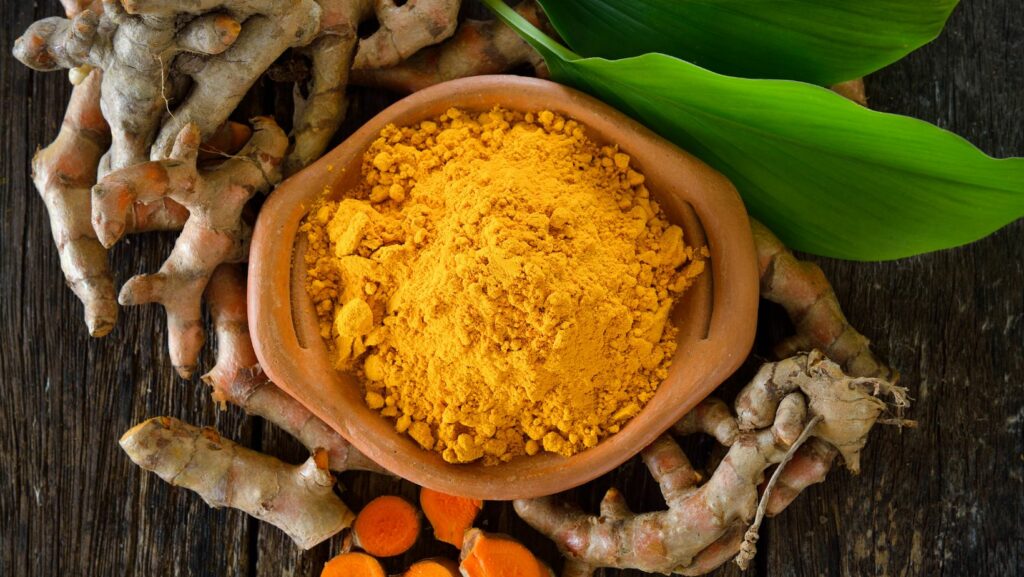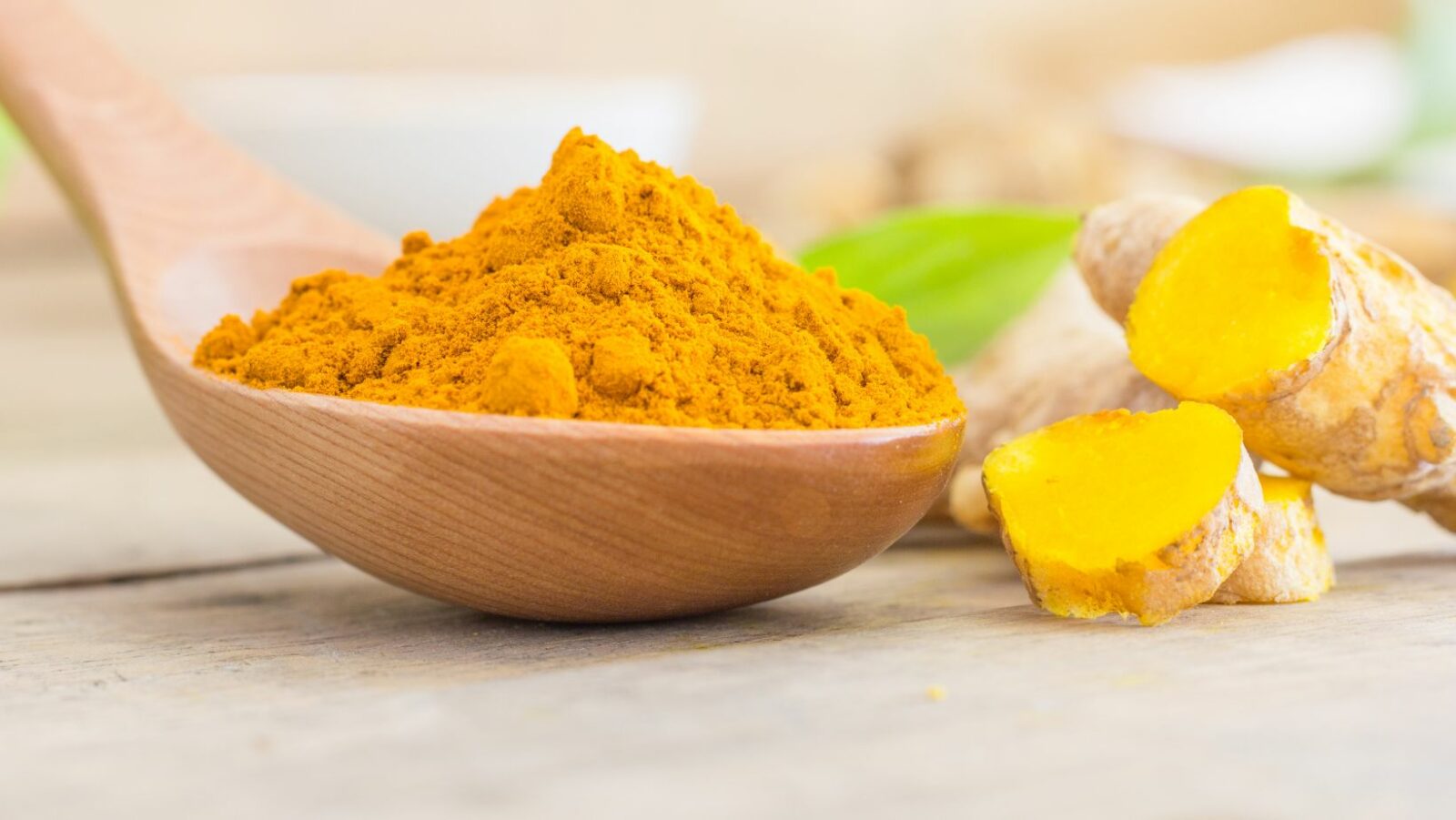Turmeric, a golden-hued spice renowned for its culinary uses and medicinal properties, has gained widespread popularity in recent years. Its active compound, curcumin, is celebrated for its potent anti-inflammatory and antioxidant properties. However, as with any potent substance, consuming excessive amounts of turmeric may lead to potential side effects. In this article, we’ll explore the benefits of turmeric, its recommended dosage, and the possible side effects of excessive consumption.
Understanding the Benefits of Turmeric:

Turmeric has been used for centuries in traditional medicine, particularly in Ayurveda and Traditional Chinese Medicine, for its diverse health benefits. The key component responsible for many of its health-promoting properties is curcumin. Some of the well-researched benefits of turmeric include:
- Anti-Inflammatory Properties: Curcumin is known for its potent anti-inflammatory effects, which may help alleviate symptoms of inflammation-related conditions such as arthritis, inflammatory bowel diseases, and certain skin conditions.
- Antioxidant Effects: Turmeric possesses powerful antioxidant properties that help neutralize free radicals, potentially reducing oxidative stress and cellular damage in the body.
- Potential Cancer-Fighting Properties: Some studies suggest that curcumin may have anti-cancer effects by inhibiting the growth and spread of cancer cells. However, more research is needed to validate these findings.
- Supports Digestive Health: Turmeric is believed to aid digestion and may help relieve symptoms of indigestion and bloating.
- Brain Health: There is emerging research indicating that curcumin may have neuroprotective effects and could potentially benefit cognitive function.
Recommended Dosage of Turmeric:
The appropriate dosage of turmeric or curcumin can vary based on individual health conditions, age, and overall health status. There is no standard recommended dosage for everyone. However, for general health maintenance and culinary purposes, consuming turmeric as a spice in moderate amounts as part of a balanced diet is generally considered safe.
When taken as a supplement, the dosage may vary. It’s essential to follow the manufacturer’s instructions or consult with a healthcare professional to determine the appropriate dosage, especially for those using turmeric supplements for specific health conditions.
Potential Side Effects of Excessive Turmeric Consumption:
While turmeric is generally safe when consumed in moderate amounts, excessive intake or high doses of curcumin supplements may lead to potential side effects, including:
- Gastrointestinal Issues: In some individuals, consuming high doses of turmeric or curcumin supplements may cause gastrointestinal discomfort such as bloating, gas, or indigestion.
- Increased Risk of Bleeding: Curcumin might have blood-thinning properties, which could potentially increase the risk of bleeding, particularly in individuals taking blood-thinning medications. It’s advisable to consult a healthcare professional before consuming large quantities of turmeric if you are on blood-thinning medication.
- Interference with Certain Medications: Curcumin may interact with certain medications, affecting their efficacy. Individuals taking medications for diabetes, blood thinners, or acid reflux should consult their healthcare provider before consuming high doses of turmeric or curcumin supplements.
- Allergic Reactions: Some people may be allergic to turmeric, experiencing allergic reactions such as rashes, itching, or difficulty breathing.
- Impact on Pregnancy and Breastfeeding: While turmeric in food is considered safe during pregnancy, consuming large amounts or using curcumin supplements is not recommended without consulting a healthcare professional. There’s insufficient evidence on the safety of high-dose turmeric or curcumin supplements during pregnancy or breastfeeding.
Safety Precautions and Considerations:
- Moderation is Key: As with any supplement or spice, moderation is crucial. Consuming turmeric as part of a varied and balanced diet is generally safe for most individuals.
- Consult a Healthcare Professional: Individuals with underlying health conditions, those taking medications, or pregnant/breastfeeding women should seek advice from a healthcare professional before using turmeric supplements.
- Choose Reputable Sources: When purchasing turmeric supplements, opt for products from reputable brands to ensure quality and purity.
- Monitor for Side Effects: Be vigilant for any adverse reactions or side effects when consuming turmeric or curcumin supplements, especially if using them in higher doses.
Conclusion
Turmeric, with its active compound curcumin, offers an array of potential health benefits, particularly for its anti-inflammatory and antioxidant properties. When consumed in moderation as part of a balanced diet, turmeric is generally safe for most individuals. However, excessive consumption or high doses of curcumin supplements may lead to potential side effects, especially in certain populations or when interacting with medications. It’s essential to exercise caution, consult healthcare professionals, and practice moderation when using turmeric supplements to reap its potential health benefits safely.








